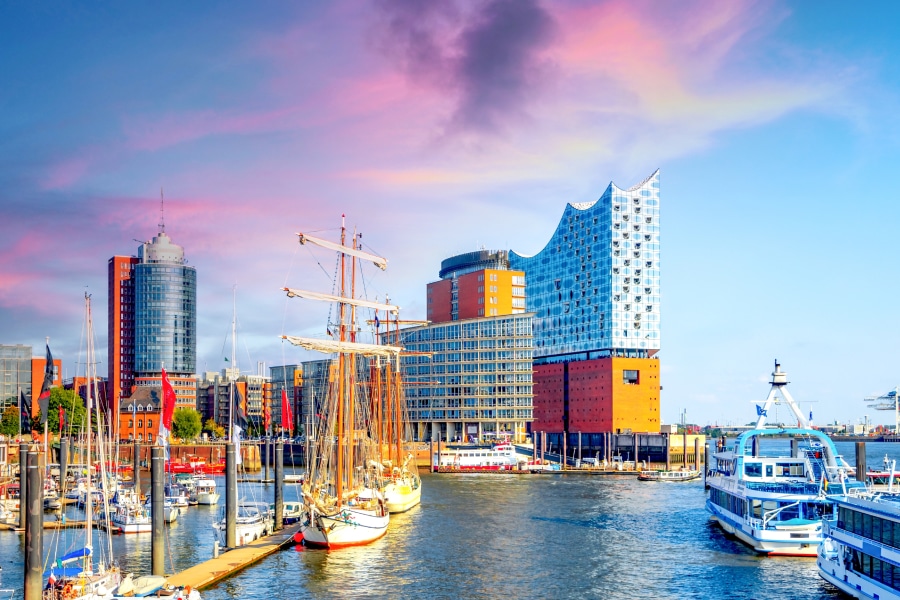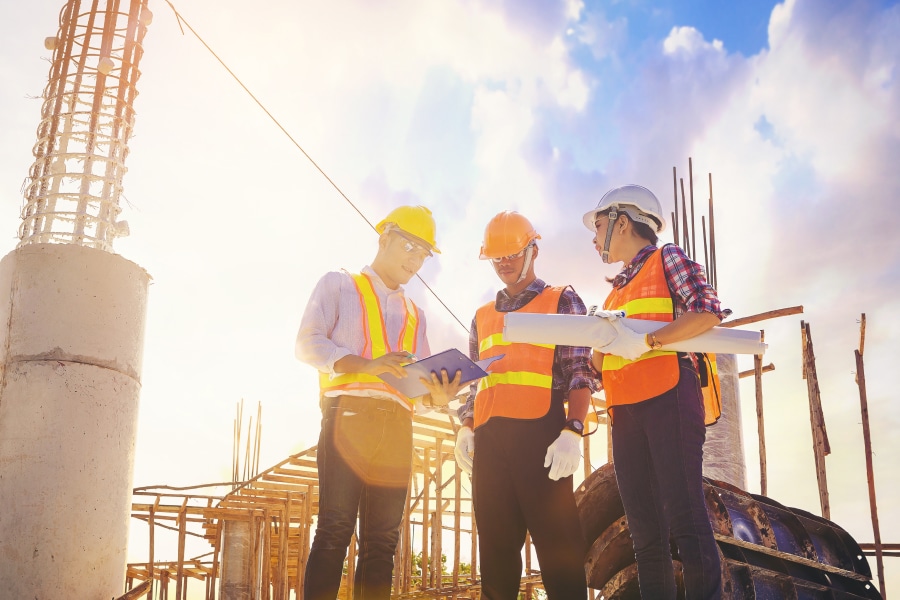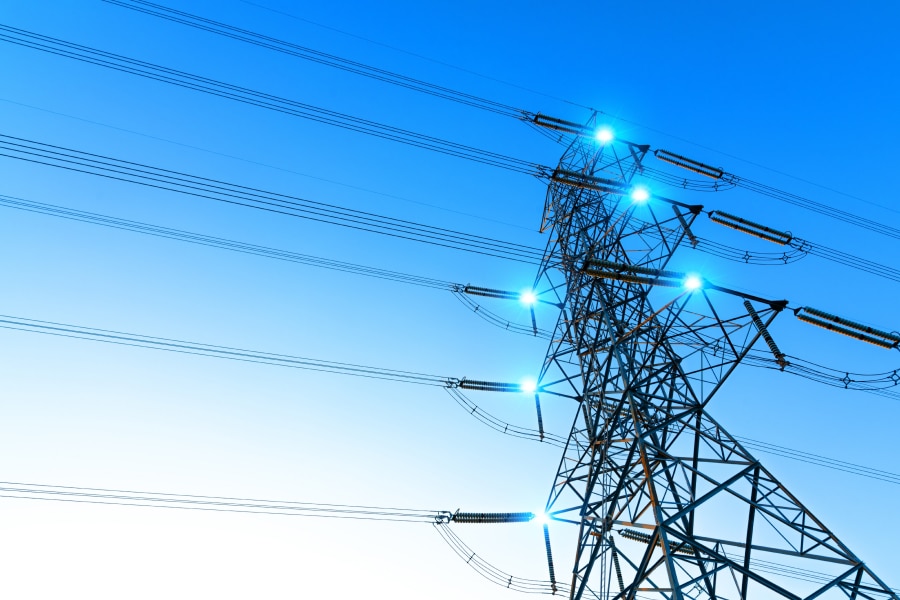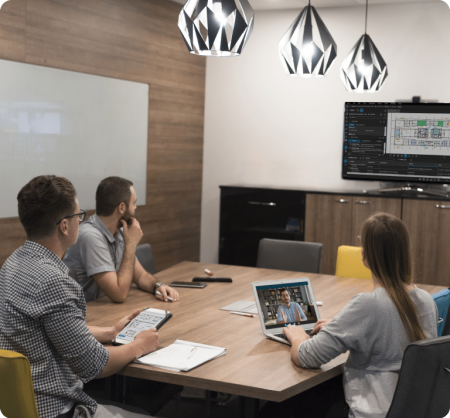As the United States continues to cautiously re-open offices, stores and other public venues in light of the persistent spread of COVID-19, one of the largest construction industry contractors is producing health-screening pods for building entryways that incorporate the evolving set of security protocols designed to stop the virus’ spread.
Some Americans are slowly going back into offices to work, although many major companies have announced extended remote work policies. Moreover, people are returning to stores, restaurants and, in some states, colleges and schools after months of disruption caused by the emergence of COVID-19, which has infected millions across the globe and, as of this writing, killed more than 200,000 people in the U.S.
And with cases still climbing and a vaccine still months away from widespread distribution, re-opening certain parts of the economy has required new facilities to help keep people safe and healthy.
Health screening pods
Turner Construction Co. has developed one such facility. The New York City-based general contractor is hoping to help its clients get back to work with an entryway health screening system called the WorkWell system. The idea for the system grew out of conversations between Turner and its design partner, LEO A DALY, in the early stages of the pandemic about how it might affect their clients, most of which work in the industrial and distribution market.

“We soon came to realize this would be more applicable to a much broader set of markets,” said Brian Knowles, a Turner industrial executive, “including sports venues and universities, and any kind of large facility that requires a lot of people to go in and out of every day.”
Turner’s screening system is based primarily on temperature checks, which have become the new standard in the COVID era for gaining entry into hospitals and other institutions where people gather in large groups.
The base WorkWell unit, which is still in the prototype stage, includes at least two lanes, spaced six feet apart, with temperature-sensing cameras that scan individuals on their way into the building. If the cameras detect a high temperature, the individual is funneled into a secondary screening area, where a staff member can take another temperature reading or perform a more complete evaluation.

If the “hot scan” is confirmed, there’s a side door so that those individuals can leave the building without passing by others who are entering.
Following regulations
One of the big challenges for this and other temperature-scanning systems is making sure they comply with healthcare privacy laws. So long as the temperature checks aren’t recorded and stored, the health screening pods are legally compliant, Knowles said.
Still, some of the higher tier models for the WorkWell system incorporate security systems—including turnstiles, metal detectors and ID card or key fob readers.
“If somebody wants to combine the temperature scanning with security of their building, where they have either facial recognition or an ID card or key fob that the person uses to access the building, and it records the temperature scan with that person’s identity, that could become an issue,” Knowles said.
In those cases, Turner can provide guidance to its clients, but any business that installs one of its health screening systems will need to be sure that it complies with both local and federal regulations.
Depending on the security system, it takes only a few seconds for individuals to pass through the vestibule. Turner estimates that the two-lane, “workplace” option can screen 27 people per minute; the three-lane “high-traffic” option can screen as many as 40 people per minute.
A semi-permanent facility
There are various air filtration options as well, from HEPA filter systems or UV air-cleaning fixtures, which can scrub the virus from the air by filtering it through ultraviolet light.

The price tag for the whole unit runs from less than $200,000 to around $450,000, Turner said.
The WorkWell system is semi-permanent, which sets it apart from some of the other health screening pods currently entering the market that look more like mobile health clinics.
“The whole basis of our concept is that it’s an attractive addition to our clients’ facilities,” Knowles said. It’s a port of entry, not a health clinic. “It’s a welcoming thing,” Knowles said. “We don’t want people to be afraid to come through these things.”
The most optimistic public health experts expect an effective COVID-19 vaccine by early 2021, though it remains unclear how long any immunity might last.
Until then, if the U.S. and other countries continue to re-open while containing the virus’ spread, the WorkWell system could be an effective and helpful tool.











